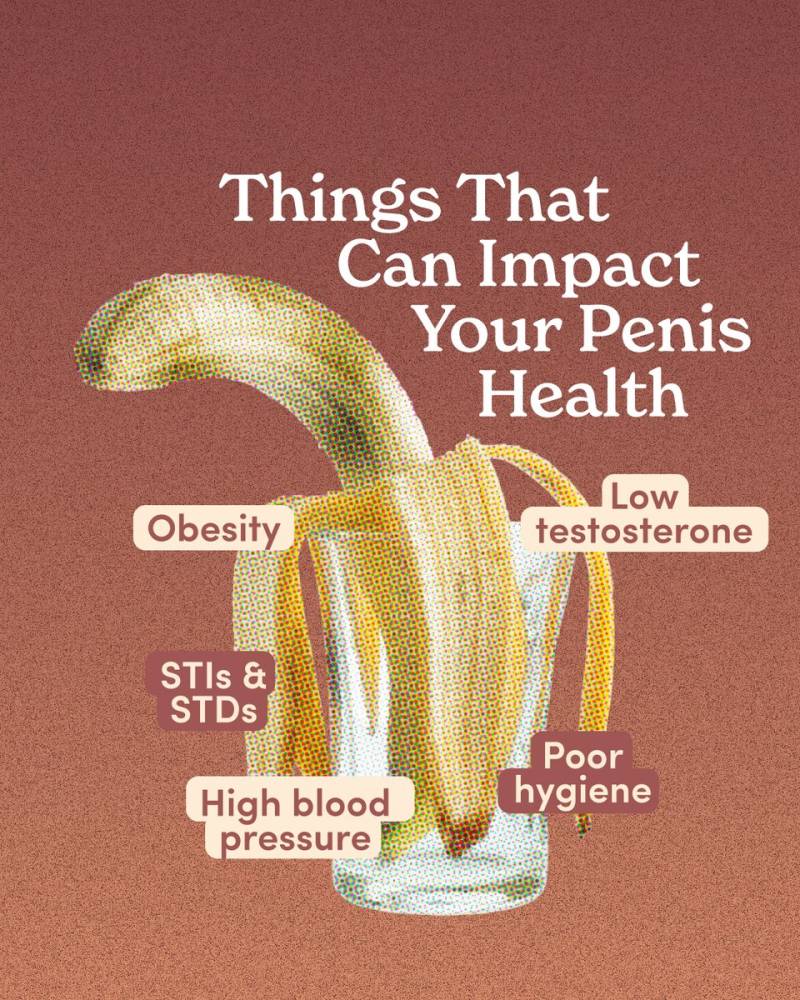A heavy espresso habit may be linked to higher cholesterol, particularly among men, suggests a study published May 10 in BMJ Open Heart.
Researchers from the Arctic University of Norway, University of Oslo, and University of Gothenburg in Sweden looked at survey data from 21,083 Norwegians, aged 40 and up, comparing coffee drinking habits with cholesterol levels from blood samples.
The researchers wanted to find how different types of coffee might affect cholesterol levels.
They found people who drink three to five cups of espresso per day had elevated cholesterol levels, compared to those who didn't drink espresso. The link between espresso and cholesterol was stronger for men than women, according to the data.
And drinking six or more daily cups of filtered coffee was linked to higher cholesterol levels in women, but not men. And more than six cups a day of plunger coffee (such as French press) was linked to higher cholesterol, regardless of gender.
The findings suggest the type of coffee you drink makes a difference for health. Previous evidence indicates filtered methods of brewing coffee may be better for heart health, since unfiltered French press or espresso contains more of specific compounds called cafestol and kahweol that are linked to higher cholesterol.
But coffee contains thousands of compounds, including many linked to positive health effects, so more research is needed to determine the healthiest way to enjoy it.
There's no long-term dangers to drinking coffee in moderation, up to five cups a day, and it could help reduce the risk of chronic illnesses, according to a 2020 review of 95 studies on coffee drinkers.
Coffee is a rich source of antioxidants and other plant-based micronutrients, which may help stave off cancer, heart disease, and cognitive decline. Compounds in coffee may help reduce inflammation, improve digestion, and ease mental health symptoms such as depression.
Caffeine, the ingredient that gives coffee its energy-boosting properties, is also linked to benefits in moderation, such as improved athletic performance and focus.
However, too much coffee — or any source of caffeine — can have side effects like jitters, anxiety, nausea, heart palpitations, and in extreme cases, unconsciousness or death. Short term symptoms can occur after consuming more than the recommended limit of 400 milligrams, about four cups of coffee. Serious caffeine overdose occurs at much higher levels, the equivalent of about 30-50 cups of coffee or more.




